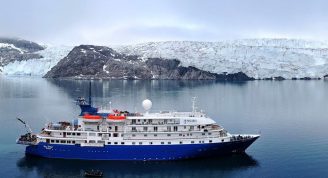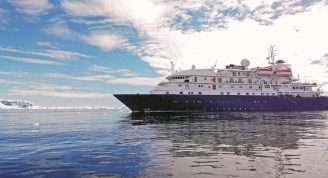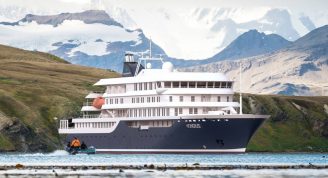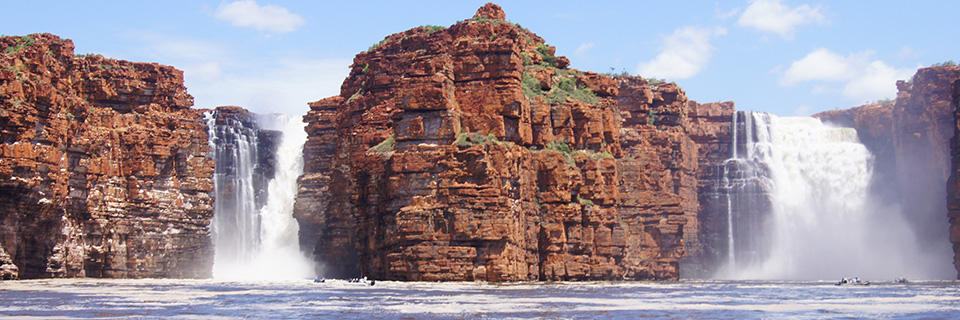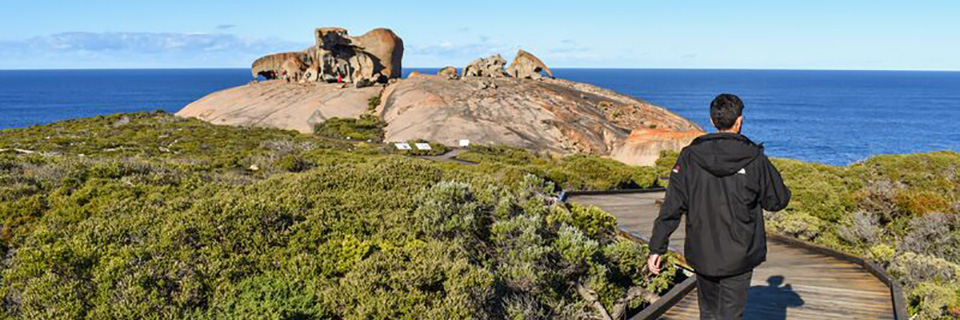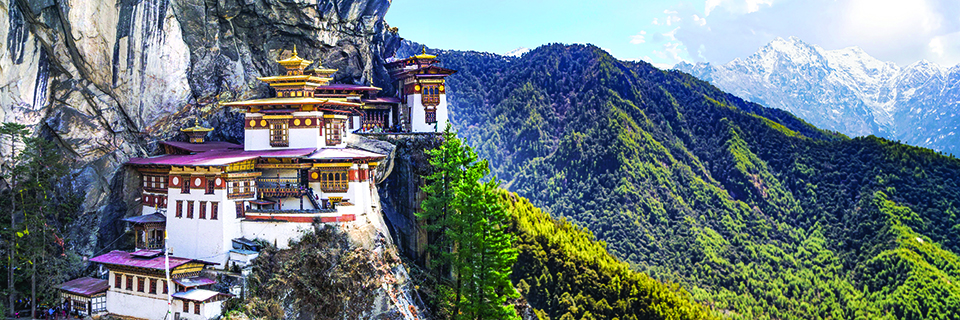Description
The Ross Sea region of Antarctica is one of the most remote places on Planet Earth and one of the most fascinating places in the continent’s human history. With shipping restricted by impenetrable pack ice to just two brief months each austral summer, few people have ever visited this strange and beautiful territory, with opportunities for non-scientific personnel limited to a handful of tourist expedition ships. Heritage Expeditions offers such a voyage on its own fully equipped and ice-strengthened ship Heritage Adventurer, crewed by some of the most experienced officers and sailors in the world and staffed by a passionate and knowledgeable expedition team. This is a unique opportunity to experience nature on a scale so grand there are no words to describe it, and featured in slow TV documentary Go Further South.
The Ross Sea takes its name from Sir James Clark Ross who discovered it in 1841. The British Royal Geographical Society chose the Ross Sea for the now famous British National Antarctic Expedition in 1901-04 led by Robert Falcon Scott. That one expedition spawned what is sometimes referred to as the ‘Race to the Pole’. Ernest Shackleton almost succeeded in 1907-09 and the Japanese explorer Nobu Shirase tried in 1910-12. Scott thought it was his, but was beaten by his rival, Norwegian Roald Amundsen in the summer of 1911. Shackleton’s Trans-Antarctic expedition in 1914-17 marked the end of this ‘heroic’ or ‘golden age’ of exploration, but many of the relics of this era, including some huts, remain. The dramatic landscape described by these early explorers is unchanged. Mt Erebus, Mt Discovery and the Transantarctic Mountains are as inspiring today as they were 100 years ago. The penguin rookeries described by the early biologists fluctuate in numbers from year to year, but they still occupy the same sites. The seals, which are no longer hunted for food lie around on ice floes seemingly unperturbed. The whales, which were hunted so ruthlessly here in the 1920s, are slowly coming back, but it is a long way back from the edge of extinction, and some species have done better than others. Snow Petrels, Wilson’s Storm-Petrels, Antarctic Prions and South Polar Skuas all breed in this seemingly inhospitable environment.
Lying like stepping stones to the Antarctic continent are the little known Subantarctic Islands. Our journey also includes The Snares, Auckland, Macquarie and Campbell Island. They break our long journey, but more importantly, they help prepare us for what lies ahead, for these islands are part of the amazing and dynamic Southern Ocean ecosystem of which Antarctica is at the very heart. It is the powerhouse which drives this ecosystem upon which the world depends. Our January 2025 expedition includes the option to join our first ever sea kayaking excursion in the Ross Sea with an expert guide.



